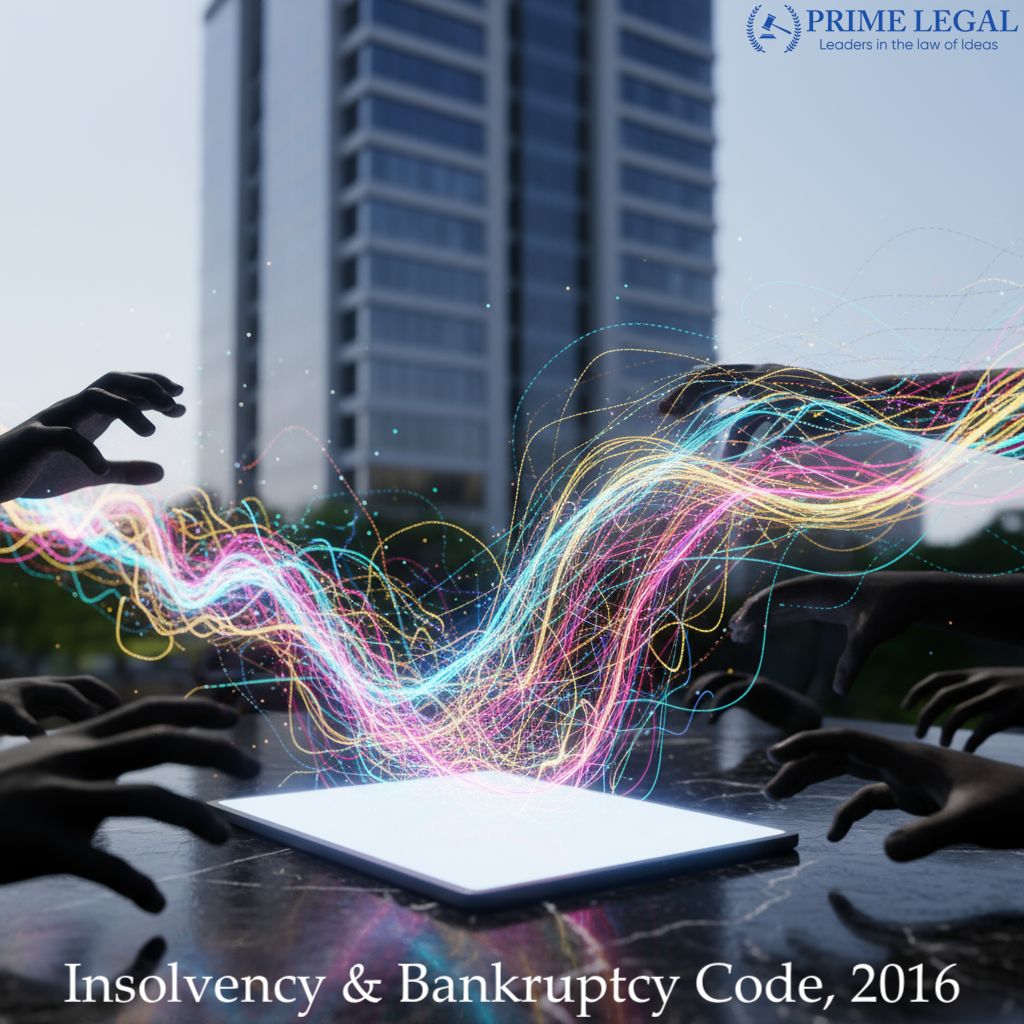Introduction
The Supreme Court recently held that speculative investors cannot invoke insolvency proceedings against borrowers under Section 7 of the Insolvency and Bankruptcy Code, 2016 (IBC), and laid out factors to determine whether one is a genuine homebuyer or a speculative investor. This position was laid out in the case of Mansi Brar Fernandes v. Shubha Sharma. [Mansi Brar Fernandes v Shubha Sharma 2025 INSC 1110]
Background
In this case, two individuals invested Rs 35 lakh and Rs 25 lakh, respectively, in real estate projects with a buy-back clause. The project was not completed, and the cheques issued to them by the real estate company had bounced. They filed an insolvency petition under Section 7 at the National Company Law Tribunal (NCLT). On appeal, the National Company Law Appellate Tribunal (NCLAT) set aside the NCLT judgment, highlighting that the individuals were merely speculative investors who wanted a return. The decision of NCLAT was appealed to the Supreme Court.
Key Points
Nature of IBC – The court highlighted that IBC is often misunderstood as a law to facilitate the recovery of money from a bankrupt company. However, the primary objective is to revive the company, with liquidation as a last resort. [Swiss Ribbons v. Union of India (2019) 4 SCC 17]
Amendments to IBC: Homebuyers as creditors- Initially, homebuyers lacked representation in the Committee of Creditors (COC). After that, the Parliament amended the IBC to recognise homebuyers/allottees as financial creditors to ensure that their voices are represented in the resolution process. This was done to protect genuine homebuyers by securing the completion of projects and ensuring the delivery of homes. However, this was misused by speculative investors seeking premature exits or enhanced returns. They used IBC as a tool to threaten to start insolvency proceedings, which also burdened the adjudicatory body as well as the real estate sector. Following this, the Parliament amended the IBC and introduced a threshold requirement: at least 10 percent of the allottees or 100 in number must act collectively to file a Section 7 application against a real estate developer. This was to prevent multiple unnecessary litigations from speculative investors and the derailing of the entire project.
Upholding the Pioneer case rule- The court highlighted that to determine whether an allottee is a speculative investor, the inquiry must be contextual and guided by the intent of the parties. Various factors to determine this question are the nature and terms of the contract, the number of units purchased, the presence of assured returns or buyback clauses, the stage of completion of the project at the time of investment, and the existence of alternative agreements instead of possession. The court observed that possession of the unit remains the sine qua non of a genuine homebuyer’s intent. It was noted by the court that assured returns, buybacks, or excessive exit options, are used to hide real financial intent in housing contracts. The Court referred to the case of Pioneer Urban Land and Infrastructure Ltd. v. Union of India to hold that speculative investors cannot misuse the IBC as a debt recovery mechanism. [Pioneer Urban Land and Infrastructure Ltd v. Union of India (2019) 8 SCC 416]
Recent developments
The court highlighted that speculative investors disrupt market integrity through artificial demand creation. It clearly stated the objective of IBC, which is to protect bona fide homebuyers and prevent dishonest real estate developers from exploiting loopholes. Timely completion of real estate projects was emphasised by the Court. It also recognized the right to shelter under Article 21 of the Constitution. By invoking constitutional principles, the court, in a way, urges India’s urban policy to be equipped with elements of transparency and stability.
Conclusion
In the present case, the Supreme Court reaffirms the Pioneer principle, which held that preventing the menace of speculative investors in residential real estate insolvency is needed to ensure genuine homebuyers’ interests are preserved. Thus, the Court upheld the NCLAT’s order stating that the appellants were speculative investors.
“PRIME LEGAL is a full-service law firm that has won a National Award and has more than 20 years of experience in an array of sectors and practice areas. Prime legal falls into the category of best law firm, best lawyer, best family lawyer, best divorce lawyer, best divorce law firm, best criminal lawyer, best criminal law firm, best consumer lawyer, best civil lawyer.”
WRITTEN BY: FARZEEN ZAMAN


